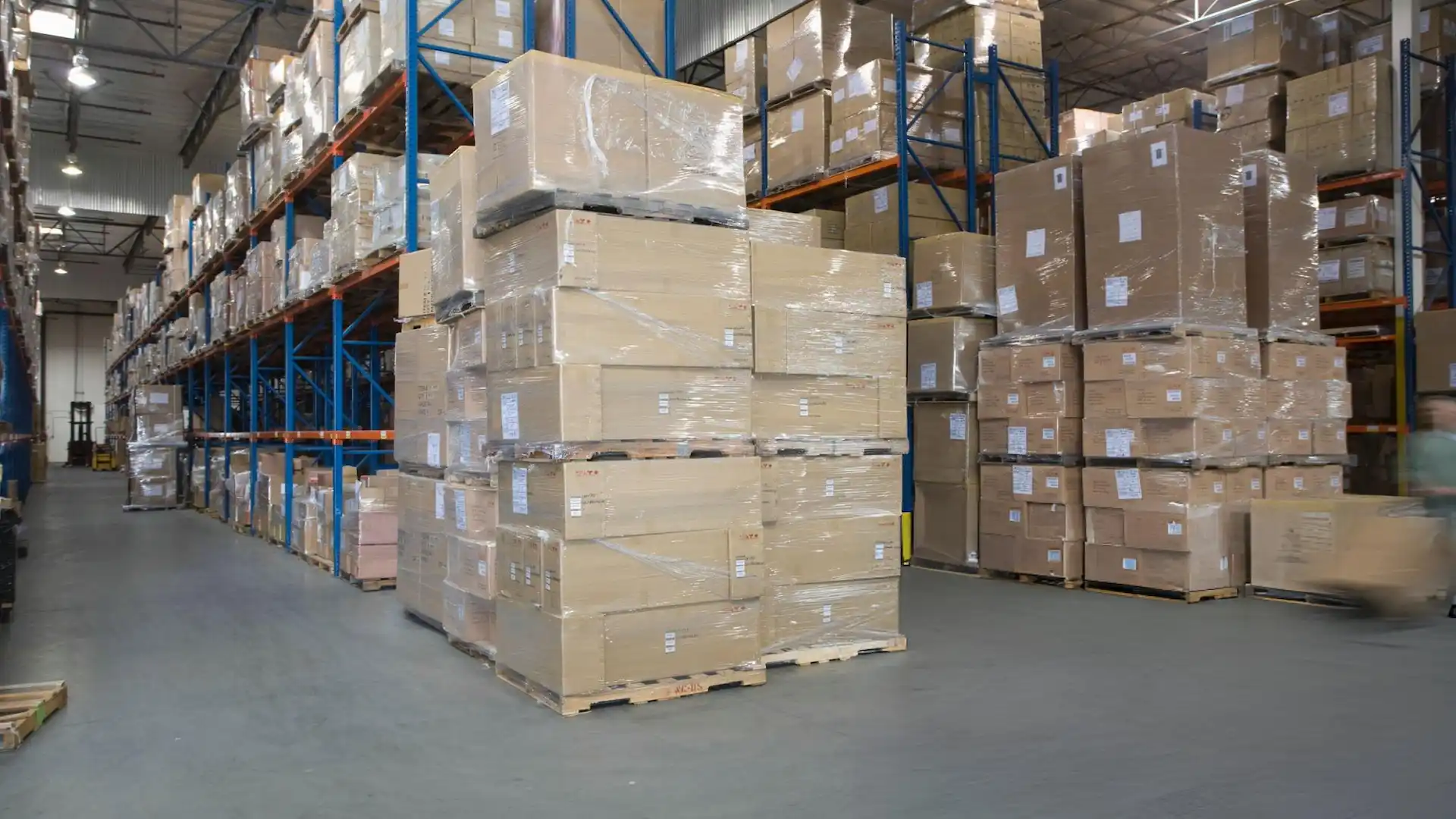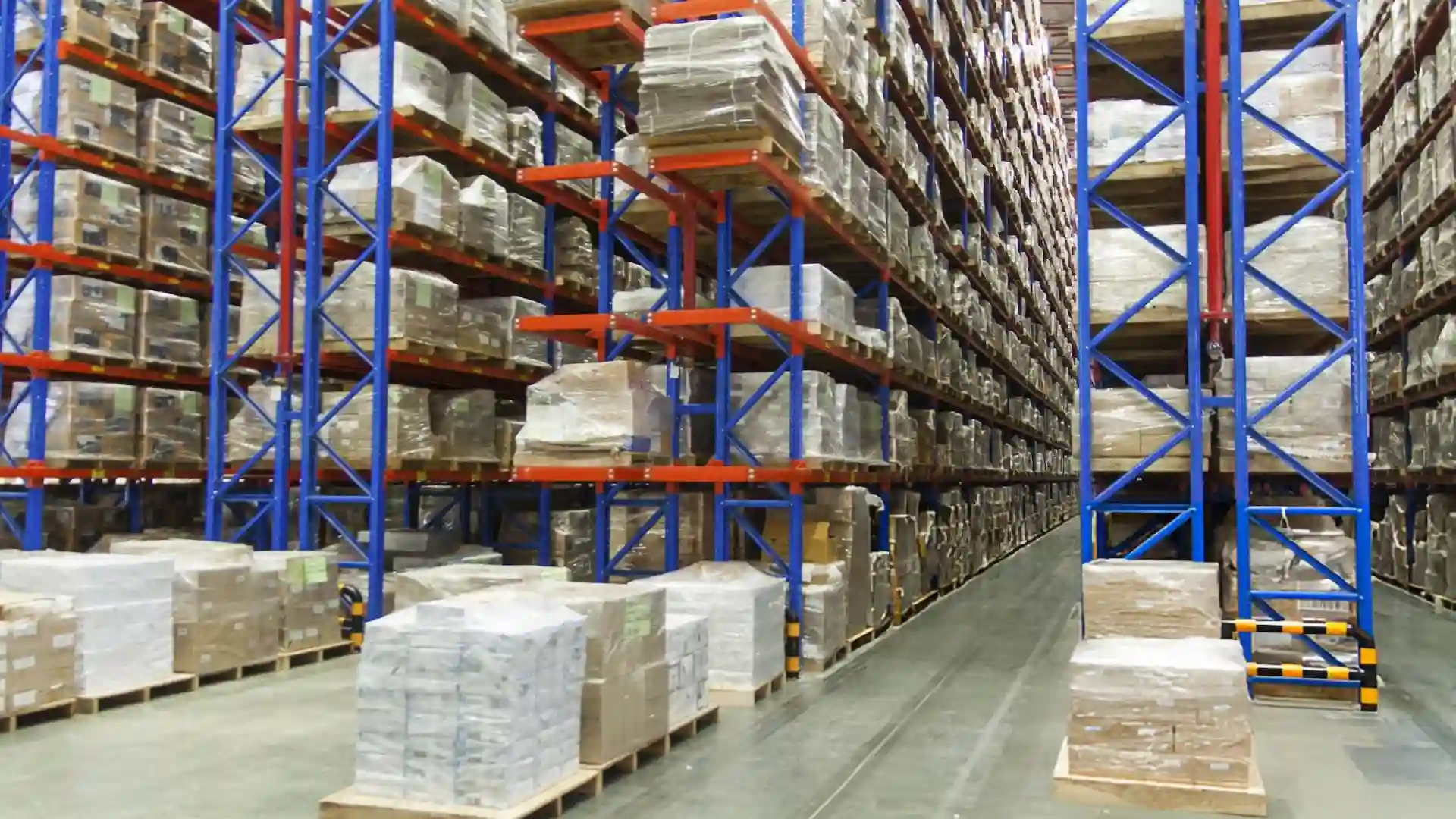Backorder - What Does It Mean?
.webp)
In today’s fast-paced world of eCommerce and logistics, the term "backorder" often comes up, leaving many people wondering: what is backorder? Whether you're running a business or shopping online, understanding backorders can help manage expectations and optimize operations.
This guide will explain what backordered means, why backorders happen, and how they impact businesses and customers. Additionally, we'll touch on solutions to streamline backorders, including leveraging 3PL fulfillment services like Atomix Logistics.
What Is a Backorder?
A backorder occurs when a product is temporarily out of stock but is still available for purchase. Customers can place an order, and the product will be shipped to them once it's restocked. Backorders are common in industries where demand exceeds supply or during high-sales periods like Black Friday.
What Does a Backorder Mean for Businesses?
For businesses, a backorder indicates high demand for a product, which can be a positive signal. However, it also points to supply chain challenges that need resolution. While backorders may increase sales, they can harm customer satisfaction if not handled correctly.
What's Backorder? Understanding the Basics
Many customers encounter the term while shopping online, asking, what does backorder mean? Here's a breakdown:
- Backordered Meaning: The item is temporarily unavailable but will be restocked soon.
- What Does Backorderable Mean? This term refers to items eligible for backorders, meaning customers can still place an order despite the product being out of stock.
For example, a popular toy during the holiday season might be marked as "backorderable," allowing customers to reserve the item while the business restocks.
Why Do Backorders Happen?
Backorders occur for several reasons:
- High Demand: Seasonal peaks or viral trends can cause products to sell out quickly.
- Supply Chain Disruptions: Delayed shipments, material shortages, or global events can impact inventory.
- Forecasting Errors: Businesses may underestimate demand, leading to stockouts.
- Production Delays: Manufacturing slowdowns can prevent timely restocking.
How Backorders Affect Businesses and Customers
For businesses, backorders can boost sales by allowing purchases beyond current inventory levels. However, excessive backorders can strain customer trust. For customers, backorders mean delayed gratification, which may lead to frustration if not managed properly.
Managing Backorders Efficiently
To minimize the negative impact of backorders, businesses can implement strategies like:
1. Communicate Clearly with Customers
- Always notify customers when a product is on backorder.
- Provide realistic timelines for delivery.
- Update customers on order status.
2. Partner with a Reliable 3PL Fulfillment Service
Third-party logistics (3PL) partners like Atomix Logistics can streamline fulfillment processes and reduce backorders. Their unique pod model ensures efficient inventory management by dedicating specific pods to clients, making them one of the best 3PLs in Wisconsin. This approach minimizes delays and enhances stock accuracy.
3. Optimize Inventory Forecasting
- Use historical sales data to predict demand.
- Account for seasonal trends and promotions.
- Collaborate with manufacturers to ensure steady supply.
4. Leverage Technology for Fulfillment
Advanced warehouse management systems (WMS) can track inventory in real-time, preventing overstocking or understocking. Services like Atomix Logistics’ pod warehouse model integrate technology to improve operational efficiency.
What Does Backordered Mean for Logistics?
When businesses list items as "backordered," they need a reliable logistics strategy to handle delayed shipments. Efficient fulfillment solutions, such as 3PL fulfillment services, are critical for ensuring smooth operations.
Key Logistics Strategies to Manage Backorders
- Dim Weight Calculation: Accurately calculate dim weight (dimensional weight) to optimize shipping costs for backordered items.
- 3PL Pricing Transparency: Ensure that your 3PL fulfillment partner offers transparent pricing, avoiding hidden fees.
- B2B Fulfillment: Balance both b2b fulfillment and direct-to-consumer needs to manage backorders efficiently.
- Kickstarter Fulfillment: Handle unique demands like fulfillment services for Kickstarter campaigns, where backorders are often common due to high initial demand.
How Backorders Impact eCommerce
For eCommerce businesses, backorders can be a double-edged sword. While they allow businesses to capture sales even during stockouts, they also require robust communication and logistics to meet customer expectations.
Benefits of Offering Backorders
- Prevents lost sales by allowing orders to continue.
- Captures demand for high-demand or limited-edition items.
- Offers insights into product popularity for better inventory planning.
Challenges of Backorders
- Risk of cancellations if delays are too long.
- Higher customer service demands to handle inquiries and updates.
- Potential damage to brand reputation if not managed well.
The Role of Atomix Logistics in Backorder Management
Atomix Logistics stands out as a top 3PL fulfillment company for managing inventory and backorders. Their pod warehouse system and tailored approach make them ideal for businesses needing efficient fulfillment services for DTC (direct-to-consumer).
Key Features of Atomix Logistics
- Unique Pod Model: Personalized inventory spaces for each client, reducing errors and delays.
- Dim Weight Optimization: Tools to help calculate dim weight and reduce shipping costs.
- Affordable 3PL Services: Cost-effective solutions tailored to business needs.
Whether you're launching a Kickstarter fulfillment campaign or need scalable logistics support, Atomix Logistics delivers seamless fulfillment services.
Backorders in Crowdfunding Campaigns
Crowdfunding platforms like Kickstarter often deal with backorders due to unpredictable demand surges. Offering fulfillment services for Kickstarter requires planning for backorders to maintain trust with backers.
Tips for Managing Kickstarter Backorders
- Clearly communicate estimated delivery dates.
- Partner with a 3PL fulfillment partner experienced in Kickstarter campaigns.
- Use data from similar campaigns to predict demand and stock levels.
Conclusion: Backorders Are a Challenge and an Opportunity
Understanding what does backorder mean is essential for both customers and businesses. Backorders are not just a supply chain issue—they’re also a chance to improve operations and foster customer loyalty.
For businesses, managing backorders effectively involves:
- Clear communication.
- Reliable logistics partners like Atomix Logistics.
- Advanced forecasting and inventory management.
By implementing these strategies, businesses can turn backorders from a frustration into an opportunity to grow.
FAQ Section: Backorder - What Does It Mean?
What does a backorder mean?
A backorder refers to a situation where a product is temporarily out of stock but is still available for purchase. Customers can place an order, and the product will be shipped once it’s restocked. It allows businesses to capture demand even when inventory is unavailable.
What does backordered mean on a product page?
When a product is marked as "backordered," it means the item is currently unavailable but will be restocked soon. Customers can reserve the product, and it will be delivered once new stock arrives. Retailers typically provide an estimated shipping date for backordered items.
What does backorderable mean?
"Backorderable" refers to items eligible for backorders. These products are out of stock but still open for purchase. Businesses use this term to indicate that customers can place an order, and the product will ship when inventory is replenished.
How long do backorders usually take?
The time for backorders to be fulfilled depends on several factors, such as the product's supply chain, manufacturing timelines, and shipping logistics. Businesses often provide an estimated delivery date, which can range from a few days to several weeks.
How can businesses reduce backorders?
Businesses can minimize backorders by:
- Partnering with reliable 3PL fulfillment services like Atomix Logistics for efficient inventory management.
- Using advanced forecasting tools to predict demand accurately.
- Communicating clearly with customers about stock status and estimated delivery dates.

.svg)
.svg)
.svg)




